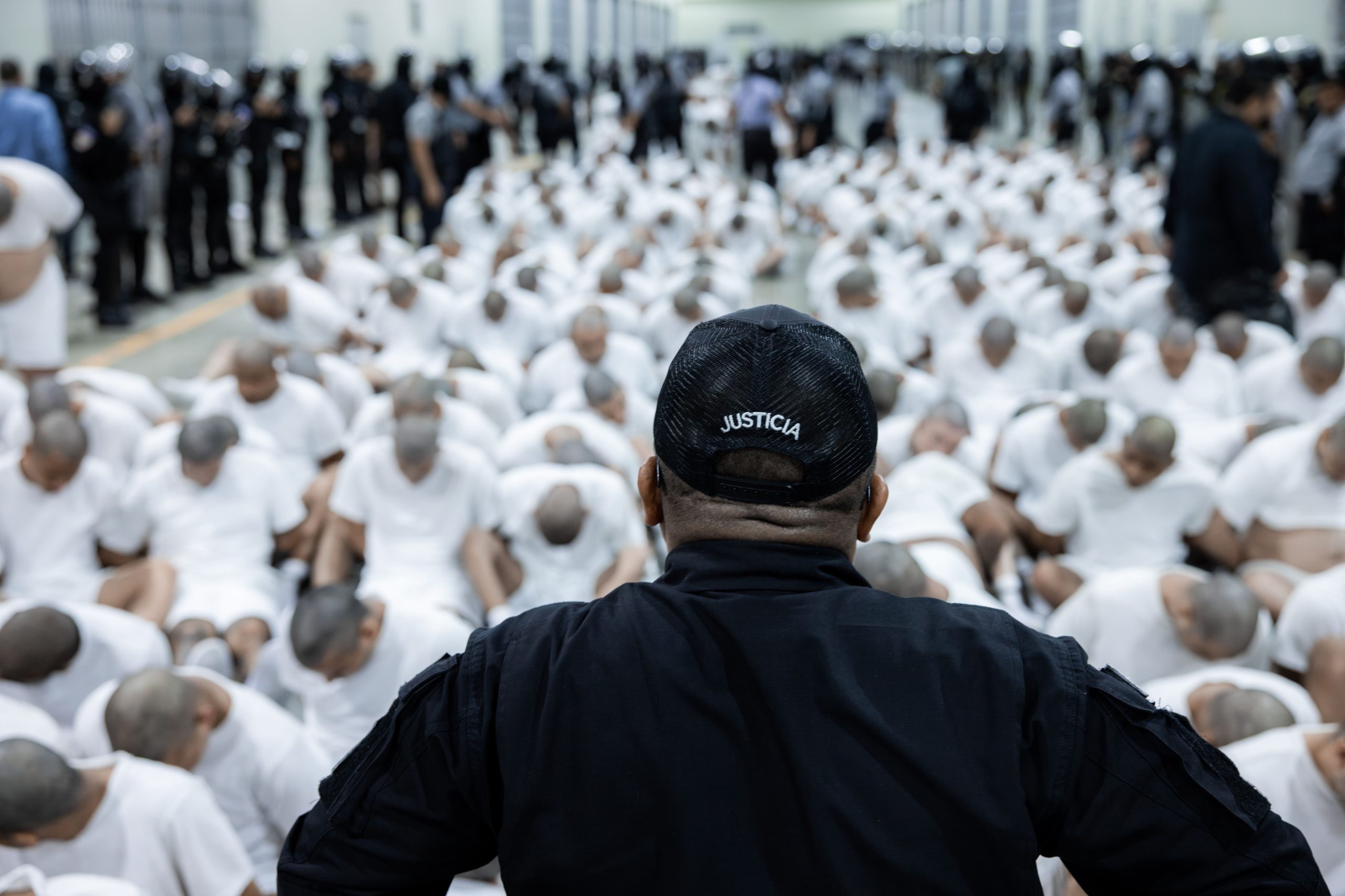The Trump Administration intensifies the fight against gangs: the 1798 law is back in effect
In the United States, a high-profile scandal is unfolding related to the deportation of Venezuelans suspected of connections with the criminal group Tren de Aragua (TDA). According to documents filed with the federal court, the Donald Trump administration is applying a so-called point system to determine whom to deport in accordance with the Alien Enemies Act of 1798.
This law, which is 227 years old, was last used during World War II. President Trump referenced it on March 15, after which hundreds of Venezuelans were sent to El Salvador, including to the famous “mega-prison.” Court documents indicate that deportation can be initiated for individuals over the age of 14 who lack citizenship or permanent status in the USA.
How the point system works
The screening process involves evaluating suspects on an 81-point scale. If a person scores 8 points or more, they may be deported. The score consists of five categories:
- Court decisions and official documents (15 points) – convictions, indictments, sentences.
- Self-incrimination (10 points) – if the individual admits to belonging to TDA, even unintentionally.
- Criminal behavior (17 points) – involvement in criminal activities, testimonies from informants or media, suspicious financial transactions.
- Documents and communications (25 points) – email correspondence or financial ties with gang members.
- Symbolism (14 points) – tattoos, graffiti, gestures, or clothing associated with Tren de Aragua.
Special attention is given to appearance. The US Department of Homeland Security states that individuals wearing Chicago Bulls basketball jerseys with the number 23 (Michael Jordan’s symbol), Jordan “Jumpman” sneakers, or having tattoos with images of trains, AK-47s, watches, or the phrase Real hasta la muerte may be considered potential gang members.
Criticism from experts and human rights advocates
Specialists who have studied Venezuelan criminal groups for over 10 years question the identification methods. Sociologist Roberto Briseño León stated that, unlike gangs in Central America, members of Tren de Aragua do not use tattoos as a means of recognition.
The American Civil Liberties Union (ACLU) filed a lawsuit arguing that the deportation process violates immigrants’ rights because it does not allow them to contest the charges. Federal Judge James Boasberg temporarily blocked the deportation flights, demanding evidence linking the deported individuals to the gang.
Deportation without proper evidence
Despite the court’s decision, over the weekend, the US government handed over another 17 individuals to El Salvador, including seven Venezuelans. Some of them already held refugee status in the US or were awaiting their asylum claims to be processed. Relatives of the deported say that their loved ones were expelled solely based on tattoos, without any evidence of criminal activity.
This situation raises serious questions about the fairness of US immigration policy and possible human rights violations. The US Supreme Court is currently reviewing an appeal by the administration, which seeks to lift the court’s restraining order and resume deportations.



